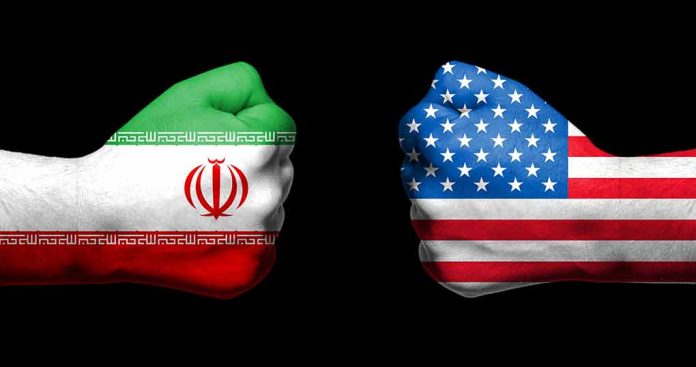
The Trump administration tackled the threat of Iran’s nuclear program with a sanctions strategy, but how effective was it?
Key Takeaways
- Trump reinstated sanctions to weaken Iran’s economy and hinder its nuclear programs.
- The sanctions targeted Iran’s oil exports and financial networks.
- Trump’s administration aimed to reduce Iran’s oil exports to zero.
- China’s demand for discounted Iranian oil complicates the sanctions.
- Trump maintained that Iran must never have a nuclear weapon.
Iran Sanctions Reinstated
The Trump administration revitalized its position on Iran’s nuclear ambitions with reinstated sanctions aimed at crippling the country’s oil industry. This policy shift, termed “maximum pressure,” aimed to substantially impair Iran’s economic capabilities essential for its nuclear pursuits. Various sources confirmed this strategic move’s continuation of measures against Iran since the 2018 withdrawal from the 2015 nuclear deal.
The U.S. Treasury was directed to enforce strict penalties on entities defying the sanctions. Despite these efforts, reports suggest Iran continues its oil exports through sanctions-evasion tactics, bolstered by a growing demand from China for its discounted oil.
President Donald Trump signed a presidential memorandum on Feb. 4 ratcheting up sanctions on the Islamic Republic of Iran.
Tougher measures are meant to impose “maximum pressure” on the nation, according to Trump, and prevent Iran from acquiring a nuclear weapon. He has…
— The Epoch Times (@EpochTimes) February 4, 2025
Iran’s Countermeasures and Global Response
Trump’s sanctions policy faced challenges with Iran’s countermeasures, including increased oil exports. As a response to enforcement softness under the Biden administration, Iran’s oil revenue reportedly soared to $53 billion in 2023. The ongoing situation highlighted Iran’s ability to adapt amidst continued pressures from Washington.
“With me, it’s very simple: Iran cannot have a nuclear weapon,” said Trump.
The Trump administration expressed openness to diplomatic talks, yet it remained firm on the stance that Iran should never acquire nuclear weapons. The continued application of economic measures served as both a pressure tactic and a negotiation leverage against Tehran’s potential nuclear capabilities.
International Dynamics and Sanctions Efficacy
The complexity of implementing full sanctions was visible in China’s indirect support for Iran through oil purchases. Critics argued that this undermined U.S. efforts as Chinese firms circumvented sanctions using non-traditional currency exchanges.
“I would expect tougher U.S. action against countries involved in the movement, or where tankers engage in ship-to-ship transfers of Iranian crude,” said Gregory Brew, an Iran and energy analyst at the U.S.-based Eurasia Group.
The holistic applicability and future of such sanctions lie in aligning international support, particularly from European powers and the United Nations, to maximize their efficacy. These sanctions and diplomatic isolations sought to deter Iran’s nuclear inclinations, a policy whose true effectiveness may only be revealed with time.


